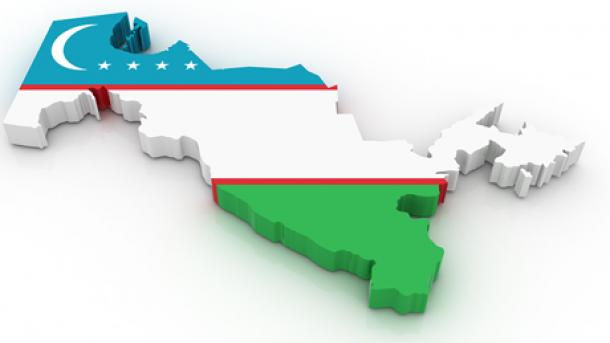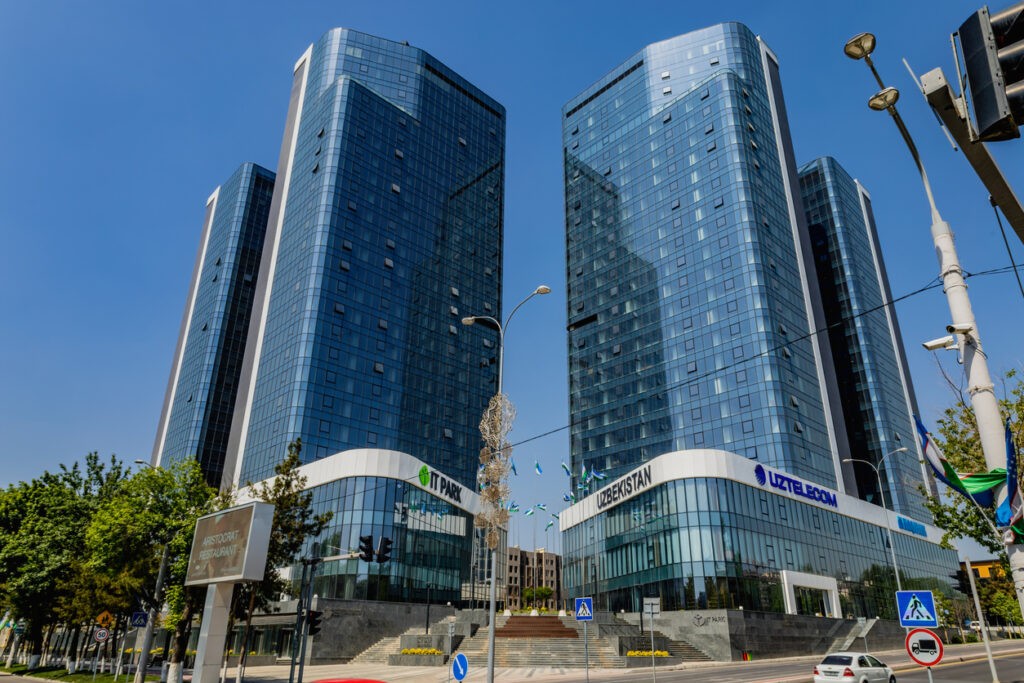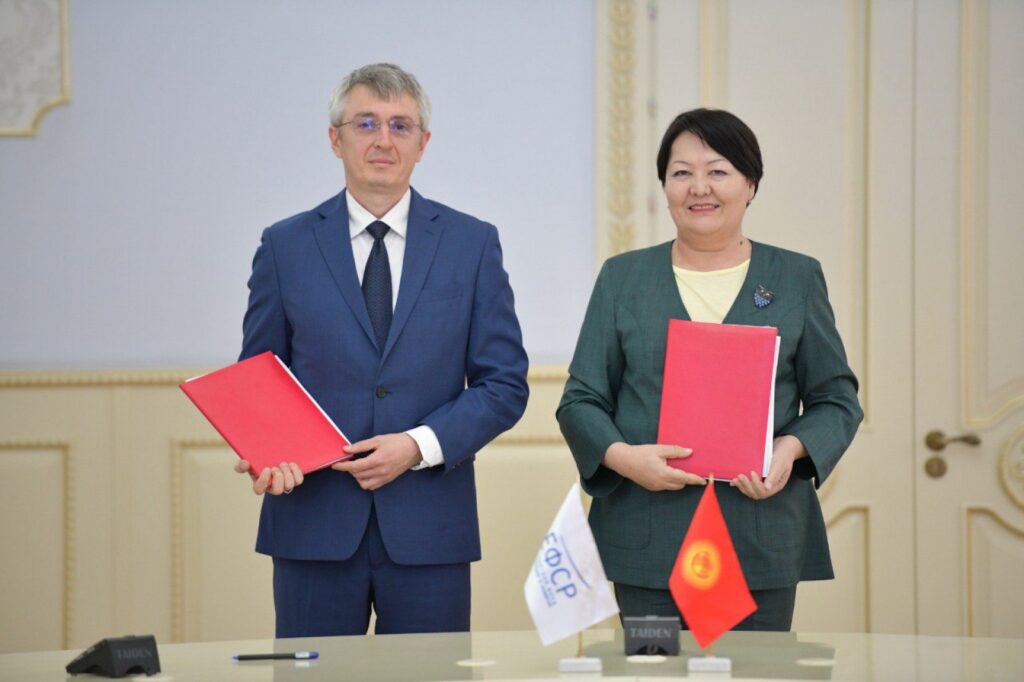TASHKENT (TCA) — Uzbekistan has taken decisive, bold steps towards openness and reform. Since President Mirziyoyev took office in September 2016, he has implemented a far reaching change process which has taken even long-term observers by surprise in light of its breadth and depth, the European Bank for Reconstruction and Development (EBRD) First Vice President Jürgen Rigterink said while opening the German-Uzbek Business Forum on January 14 in Berlin.
The event was taking place in the run-up to the Uzbek President’s forthcoming visit to German Chancellor Merkel in a few days, which only emphasizes further the importance of this event, the EBRD First Vice President said.
“The experiences of many countries during the transition process have shown that the switch from a state-controlled economy to a market economy entails painful changes and, at the very least, temporary losses. However, when President Mirziyoyev took office, the point had been reached where it was acknowledged that the opportunities offered by the old system were depleted,” Jürgen Rigterink said.
Uzbekistan’s strategic action plan for 2017¬–2021 contains key reforms in the areas of politics, administration, case law, the economy and external relations.
Uzbekistan, which has the largest population in Central Asia with 32 million inhabitants, and had still barely been on the radar for the outside world in the years before 2016, has now opened its borders to its neighbouring states, resulting in the rapid growth of both trade and movement of persons. In March this year, Tashkent will host a regional summit for the first time, highlighting the country’s new international prestige, Jürgen Rigterink said.
“Numerous steps have been taken, particularly around the economy. Liberalising the exchange rate of the country’s currency, the som, came as a real bolt from the blue in 2016. This measure now enables companies to receive via their banks payment for international transactions in Uzbek som without any restrictions. The obligatory tax paid to the state on foreign currency revenues from exports was abolished. Previously, 25 per cent of foreign currency had to be handed over to the state. Customs duties and taxes were adjusted for key trade partners as further liberalisation measures boosted trade.
“This liberalisation was accompanied by other measures which significantly improved the investment climate. The institutional position of the Central Bank was strengthened and its mission was redefined. In future, it will pursue inflation control as its guiding principle, based on an international model. An extensive restructuring of the tax system, aimed at easing both the tax burden and administrative workload, came into force in early 2019,” Jürgen Rigterink said.
He further noted that Uzbekistan’s efforts have been recognized, as only a few days ago, the ratings agency Fitch raised the country’s Long-Term Foreign and Local-Currency Issuer Default Ratings (IDRs) to BB – with a stable outlook. This assessment reflects the robust budgetary balance, the low level of state debt and the high growth rate forecast in relation to the rest of the region of 5.0 per cent in 2018 and 4.5 per cent in 2019. Conversely, on the debit side, there is high inflation, strong dependence on raw materials and structural weaknesses with a comparatively low GDP per capita.
“We are confident at the EBRD that the process of reform and opening up the country will offer an historic opportunity. We all have a responsibility to ensure that we utilise this opportunity. Germany, as one of Uzbekistan’s foremost trade partners, is already leading the way on this. But we firmly believe that this is only the beginning. We can see great potential for industry, agriculture and tourism,” the EBRD First Vice President said.
He continued by saying that the changes made in the country have also enabled to devise a new strategy that supports the EBRD’s commitment in Uzbekistan. “In cooperation with the authorities in Tashkent, we will focus on the following main objectives in the next five years: 1. Strengthening the role of the private sector by enhancing its competitiveness; 2. Promoting green energy solutions; and 3. Supporting the country’s regional and international integration.”









